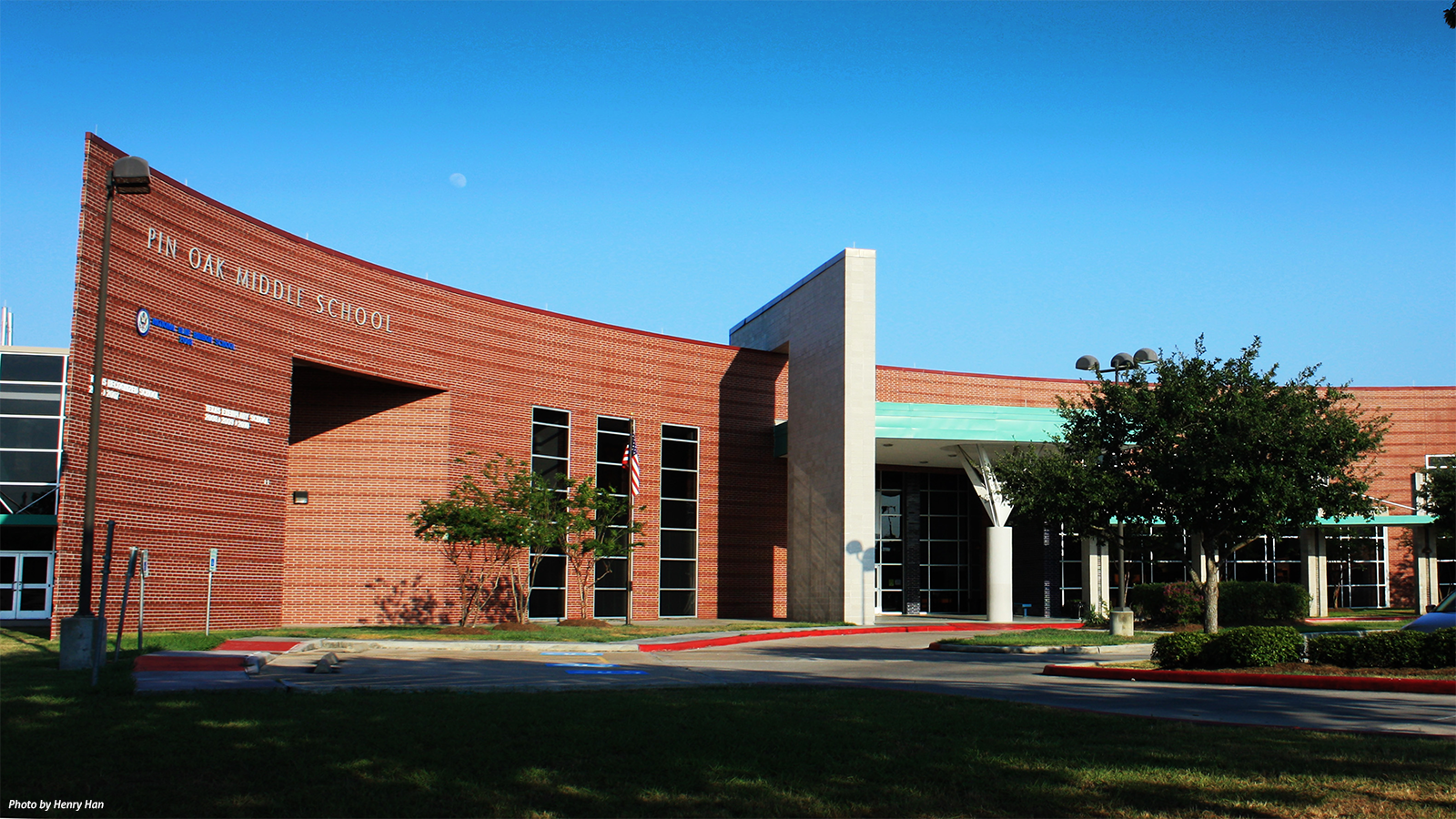Fundraising Concepts to Help Save Temecula Schools and Programs
Fundraising Concepts to Help Save Temecula Schools and Programs
Blog Article
Understanding the Importance of Schools in Child Advancement and Neighborhood Development
Colleges' engagement with local communities through service-learning initiatives enhances the bond in between families and instructional establishments. This cooperative connection highlights the value of colleges in nurturing active citizenship and long-lasting learning habits.
Academic Accomplishment
Academic achievement works as a keystone of youngster advancement, supplying the structure whereupon future knowing and success are developed. Schools play a pivotal role in fostering this scholastic growth, offering organized settings where youngsters can acquire crucial understanding and cognitive abilities. Standard educational program make certain that students gain efficiency in core topics such as mathematics, scientific research, and language arts, which are crucial for both greater education and expert possibilities.
In enhancement to presenting fundamental academic skills, institutions additionally grow essential thinking, problem-solving capabilities, and intellectual curiosity. These cognitive competencies are crucial for browsing complicated real-world circumstances and adjusting to the ever-evolving demands of the modern workplace. Educators, as facilitators of understanding, utilize varied pedagogical approaches to satisfy varied understanding designs, thereby making the most of individual pupil possibility.
Furthermore, scholastic success is very closely linked to self-esteem and motivation. Youngsters that experience academic success are more probable to create a positive self-concept and a long-lasting passion for understanding. Colleges also use different sources, such as libraries and technology, which further boost the academic experience and prepare pupils for a technologically innovative culture.
Social Skill Development
Beyond scholastic accomplishment, the function of schools in social ability development is indispensable. Schools act as a key location for youngsters to learn and practice vital social skills such as communication, collaboration, and problem resolution. In the organized setting of a classroom, pupils engage with peers, educators, and other school personnel, offering numerous opportunities to create these crucial capabilities.
Efficient social ability growth in schools is promoted through group tasks, collective projects, and extracurricular programs. These interactions help trainees recognize social norms, develop empathy, and promote a sense of area. Team jobs teach pupils just how to function together towards an usual goal, pay attention to various viewpoints, and browse differences constructively.
The growing of social skills throughout academic year lays a structure for future personal and professional partnerships. Save Temecula Schools. As students mature, the ability to successfully work together and connect becomes significantly crucial, underscoring the institution's vital duty in all natural youngster advancement
Exposure to Diversity
Exposure to diversity in institutions is fundamental to cultivating an inclusive mindset and expanding trainees' viewpoints. Schools work as a microcosm of the wider society, and experiencing varied cultures, languages, and socioeconomic backgrounds within this atmosphere equips pupils with necessary abilities for navigating a significantly official website globalized world. This direct exposure urges compassion, lowers prejudices, and advertises mutual respect among peers.
Study suggests that students that engage with peers from different histories exhibit much better analytic skills and creative thinking. This understanding of diversity prepares pupils for future offices that value modern capability - Save Temecula Schools.

Community Engagement
The advantages of diverse class extend beyond the college wall surfaces, cultivating a strong sense of area involvement amongst students. By engaging with peers from numerous social, socioeconomic, and ethnic backgrounds, pupils gain a more comprehensive viewpoint and an admiration for variety. This direct exposure motivates them to become energetic residents that agree to contribute favorably to their communities.
Colleges that stress community interaction often include service-learning jobs, which enable students to address real-world problems while applying scholastic skills. These tasks not only boost students' understanding of their coursework but additionally instill a sense of duty and empathy. Partnerships between institutions and local organizations provide pupils with chances to participate in area occasions, additionally strengthening their role as aggressive community members - Save Temecula Schools.
Additionally, adult and community participation in colleges enhances the bond between instructional establishments and the neighborhoods they offer. With these initiatives, colleges play an essential function in nurturing neighborhood interaction and promoting social growth.
Lifelong Understanding Practices
Establishing lifelong understanding habits is vital for a child's continual growth and flexibility in an ever-changing globe. Schools play a critical duty in instilling these habits by creating an atmosphere that cultivates curiosity, important thinking, and a love for expertise. Via extracurricular tasks and varied educational programs, teachers encourage pupils to discover numerous subjects, assess information critically, and apply their discovering to real-world circumstances.

Additionally, colleges supply an organized setting where youngsters can create self-discipline and time management skills, both of which are important for constant learning. By emphasizing the relevance of establishing goals, reviewing progress, and adjusting methods, universities prepare students to browse the complexities of grown-up life, guaranteeing they remain long-lasting learners and factors to culture.
Verdict
In conclusion, colleges are necessary in promoting youngster development and area development by offering environments conducive to scholastic success, social ability growth, and direct exposure to variety. Inevitably, institutions grow lifelong helpful hints learning routines, equipping individuals with the needed expertise and skills to add favorably to culture.
In the organized setting of a classroom, students connect with peers, educators, and various other college staff, using numerous opportunities to develop these vital capacities.
In essence, exposure to variety within schools not only improves individual students yet additionally reinforces the social fabric of the community as a whole.
The benefits of varied classrooms expand beyond the institution walls, promoting a strong feeling of community interaction among pupils.Institutions that emphasize neighborhood involvement usually integrate service-learning tasks, which permit students to deal with real-world troubles while using scholastic skills. Collaborations in between colleges and neighborhood organizations offer students with possibilities to take part in neighborhood occasions, additionally strengthening their function as proactive area members.
Report this page